As the industry’s leading risk management specialists, the Fred C. Church Outdoor + Adventure practice group addresses misconceptions daily that we gladly, and expertly, debunk for our clients. However, even our team likes to get a second opinion sometimes, so it works out well that we have a network of distinguished partners to consult with.
Earlier this year, we thought it would be beneficial to our clients if we launched a whole series on myths – and busting them. So, we approached many of the highly-regarded industry experts we know, including prestigious educators, experienced lawyers, and top executives and asked them to review and comment on some of the most common myths our team has heard from clients. We’ve affectionately dubbed this superstar team, the Fred C. Church Mythbusters.
In the second installment of this ten-part mythbusters series, we asked Attorney Doug Stevens of Boulder, CO, to share his knowledge and expertise on the following recruitment position:
Because our clients do really physically demanding work in austere wilderness environments, they need to have job applicants provide a physical exam as part of the interview process.
According to attorney Stevens, this is false. It is, in fact, not necessary to have job applicants provide a physical exam as part of the application and interview process. Below are his additional thoughts and advice on this common misconception:
“It is critical that your operation and the job applicant have an open and honest discussion about what the job entails and the types of environmental hazards and risks that the applicant is likely to confront while in the field. Better yet, it would be ideal if your top applicants have experience professionally, or at the very least personally, spending time in the particular wilderness environment or in a similar setting where their job will occur. Therefore, applicants are as informed as possible about whether they have the ability to competently perform this demanding work without increasing the risk to any group members.
If you find that the applicant has some of the wilderness experience the role requires, try to obtain as much information as possible about any particular challenges the applicant experienced while in the environment and whether or not the applicant has any medical conditions that may prevent him/her from being able to handle this particular job.
You should also consult with the applicant to ensure compliance with your established Essential Eligibility Criteria (EEC) for the appropriate trips.
If all of these steps are properly followed and you determine the applicant is (or is not) qualified for the position, it is unnecessary to take the additional step of requiring a physical exam. Only in highly unusual or borderline situations, such as when a question exists about an applicant’s medical condition that would impact his/her ability to competently and safely perform the role, would such an exam be useful and necessary.”
The Outdoor + Adventure team at Fred C. Church strongly supports this sound advice from Attorney Stevens.
It is clear that finding experienced staff that you can trust with your participants and your organization is one of the most challenging responsibilities you have as a business owner and operator. Not everyone you interview will have what it takes to keep up with the grueling environment you work in daily, which is why having a thorough process that helps you properly vet recruits can be the difference between a positive or negative outcome while out in the field. And, in some cases, it may even be the difference between life and death.
The Fred C. Church Outdoor + Adventure team has worked with many of the top outdoor and adventure-based organizations throughout the United States. These opportunities have allowed us to educate others in our industry on the importance of proper risk management. As a part of our process, we advise our clients on day-to-day activities that can increase their risk exposures, including how to recognize who is and isn’t a good fit for your organization.
We look forward to sharing what we have learned throughout our years in the industry as well as introducing you to some other “celebrity” mythbusters over the coming months.
Up next, in Myth #3, our very own Mark Vermeal will share his knowledge on OSHA rules and regulations and how they directly (or do they?) apply to the outdoor and adventure industry. And, if you missed Myth #1: “If something can go wrong, it usually will” an expert opinion from Attorney Reb Gregg on the application of Murphy’s law to the outdoor and adventure industry.
About the Expert: Attorney Doug Stevens
Doug Stevens is a Boulder, Colorado attorney who has provided legal services to recreation and adventure travel organizations as well as experiential educators for many years. He has defended serious and high-profile personal injury and wrongful death lawsuits. Doug frequently assists clients throughout the country with all facets of their risk management, emergency response, litigation, and contractual needs. Doug also speaks and writes on these issues for numerous professional groups in the recreation industry.
Disclaimer:
The Fred C. Church myth series is intended to spark ideas and conversation around the risks our business associates and clients face on a daily basis. Although we hope you learn from our distinguished experts, before making any insurance or legal decisions that could affect your organization we recommend you first consult with your attorney or insurance broker.



